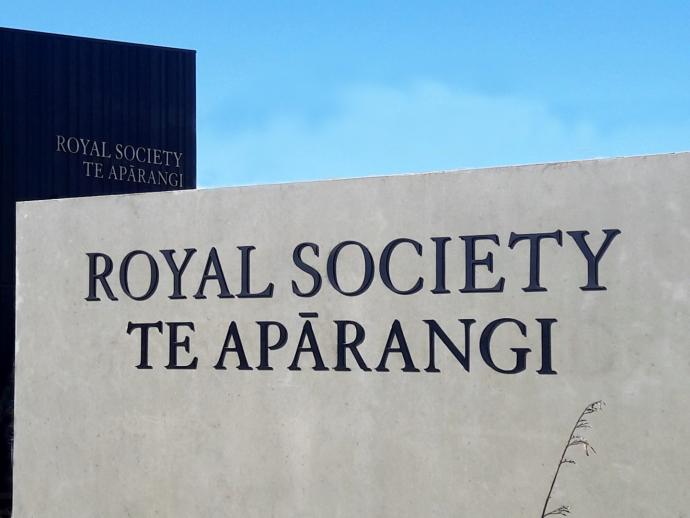Chief Executive Update

The year 2019 is another of significance for the Society. Following our 150th anniversary in 2017 and the 125th anniversary of suffrage in 2018. This year we will recognise two significant milestones.
In 1919 the first twenty Fellows (all males) were inducted, and fittingly on 14 February 2019, we will induct a further twenty new Fellows and Honorary Fellows. However, this year’s group is a very different cohort, being about gender-neutral and including two Fellows who identify as Māori. In early October 2019, it will be 250 years since the first encounter of Mātauranga Māori and knowledge derived from the European method of inquiry in the form of scientific expedition commissioned by Royal Society of London and led by James Cook. It took almost another 100 years from then for the first periodical journal recording New Zealand research findings to be published by the New Zealand Institute.
Rather than solely looking back on such occasions, the Society Council committed to a programme through 2017-2019 for renewal of the Society as a contemporary organisation, fully inclusive of excellence across all forms of research, scholarly or innovative activity in Aotearoa New Zealand. This has already included significant ongoing work streams to improve our gender diversity, embrace Māori research and improve the way we work with Māori communities. As a further step in 2019, we have committed to a stream of work we are calling “inclusive excellence”.
It is noticeable around the world that virtually all academies are far more likely to recognise, through Fellowship or awards and medals, those working in university environments, yet there is truly excellent work going on in other research and scholarly contexts. The issue academies face is that this work is often transferred to end-users and made impactful without necessarily going through journal publication. Recognising this issue, we have widened our criteria for Fellowship to include advancement of science, technology, and humanities, and also widened the forms of evidence that can support nominations. Our Pickering and MacDiarmid medals have been opened to team entries.
If we can achieve more applications from currently under-represented sectors and have our decision-making panels cognisant of different ways in which excellence can be evidenced and assessed then we will move towards our goal. We will feel we have succeeded when all parts of the research, scholarly and innovation community consider the Society is relevant to them.
Andrew Cleland - Chief Executive Royal Society Te Apārangi
Royal Society Te Apārangi: 29 January
